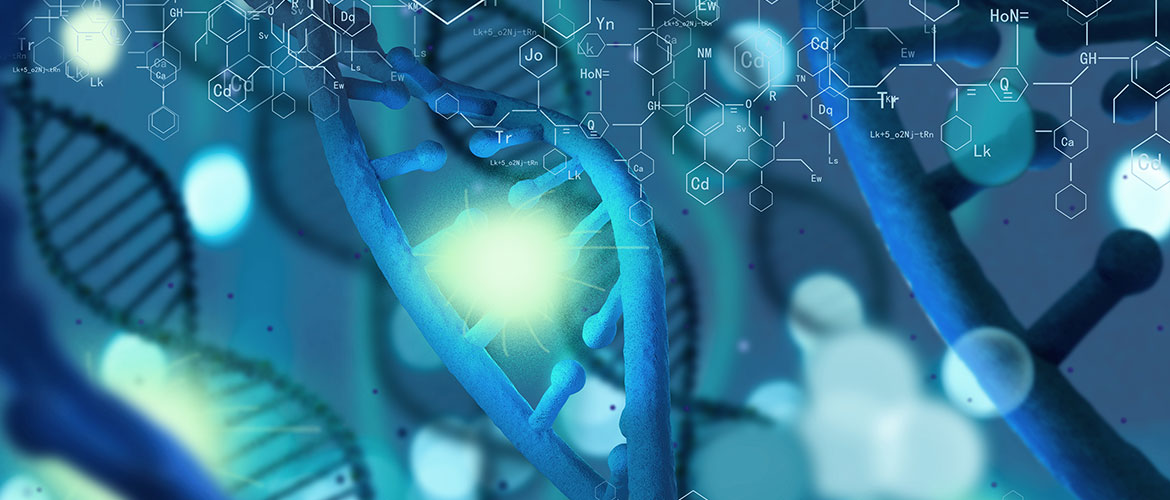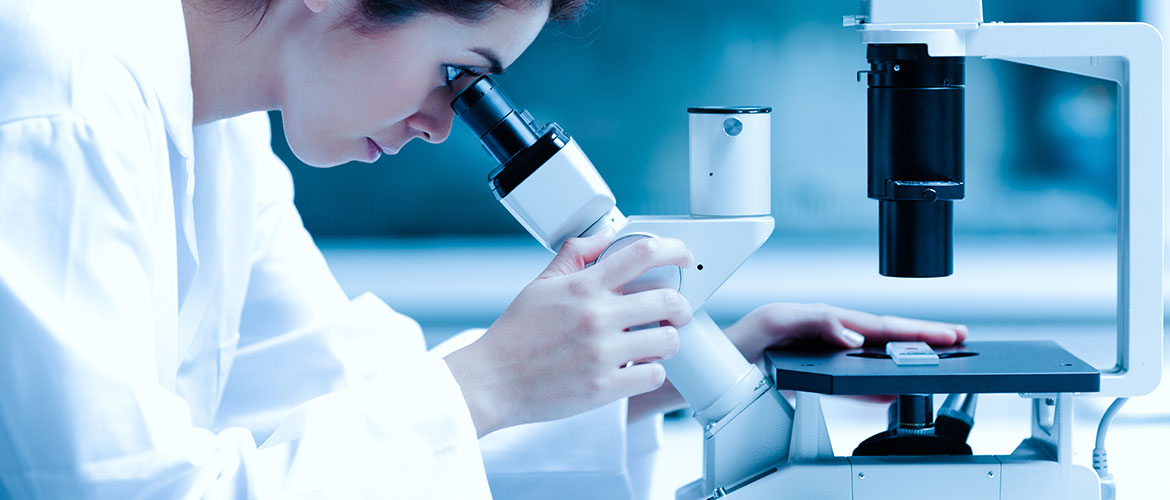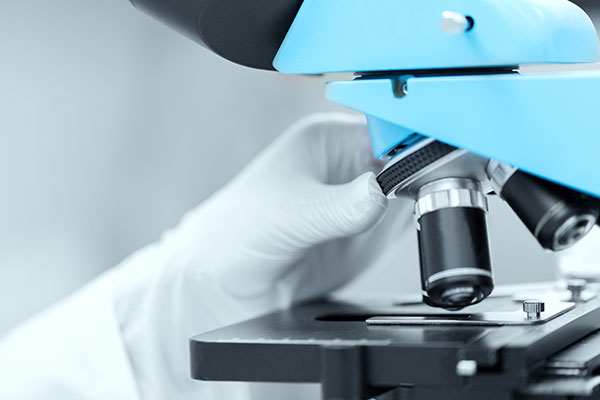
Laboratory of Molecular Cell Biology
Seoul National University

Laboratory of Molecular Cell Biology
Seoul National University

Laboratory of Molecular Cell Biology
Seoul National University

